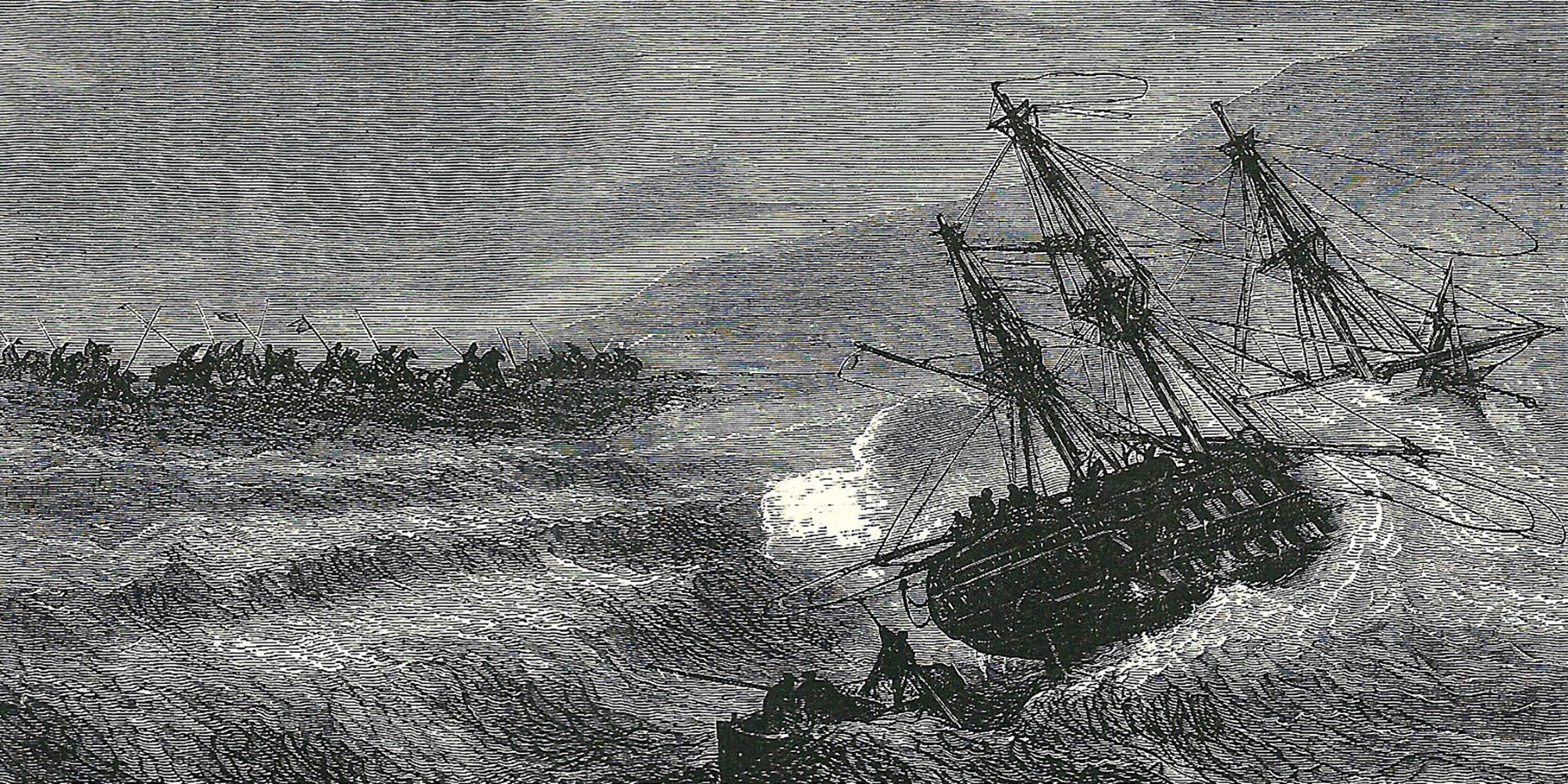In South Africa “umlungu” is a word commonly used to refer to white people. It comes from isiXhosa, the language of the country’s Xhosa people.
It’s always been a mystery how the word originated or what it actually means, because no human beings were referred to as umlungu before the arrival of white people in the country by ship. There was, however, the word “ubulungu”, which meant “that deposited out by the sea”, or sea scum.
Though it may have been considered impolite in the past, today umlungu is a polite word. Many white South Africans don’t mind calling themselves umlungu — there are even T-shirt ranges bearing the word. And it’s now also commonly used to refer to black people — meaning “my employer” or “a wealthy person”. So how did umlungu come to change its meaning?
As a linguist who teaches and studies isiXhosa, I recently published a study that considers the word from a sociolinguistic perspective. Sociolinguistics can be defined as the link between language and society. I chose to frame my study through this theory because a language is not independent of the people who speak it. Individuals shape words to reflect the changing context of their society.
The word umlungu has taken on multiple meanings as a result of historical events, showing how language evolves through social interactions.
Colonial times
According to one study, the term umlungu arose from an incident in which shipwrecked white people were deposited from the sea. The sea’s tendency is to toss anything out that is dirty in order to clean itself.
The shipwrecked white people were given the name “abelungu/umlungu”, which means “filth that is rejected by the ocean and deposited on the shore”. Some of those shipwrecked remained and the clan name Abelungu was used to record their children.
The words umlungu and abelungu (plural) are used by Nguni people across South Africa. The Nguni are a large cluster of Bantu-speaking ethnic groups in southern Africa who have played an important role in the region’s history and culture.
The Nguni ethnic groupings include the Zulu, Xhosa, Swazi and Ndebele. These subgroups share linguistic and cultural similarities while adhering to their own traditions and practices.
 From colonial times until now, umlungu’s meaning has evolved. (Illustration: Midjourney AI; prompt by Jocelyn Adamson)
From colonial times until now, umlungu’s meaning has evolved. (Illustration: Midjourney AI; prompt by Jocelyn Adamson)
According to Zulu historians, white people arriving in South Africa were called “abelumbi” (magicians). This is because Shaka Zulu, the powerful leader of the Zulu kingdom, witnessed a white person killing a man without touching him (with a gun). He stated that only a witch could kill a person without any physical contact. As a result, he called them abelumbi, which was later altered to abelungu (philanthropists) as time passed.
Various events throughout the colonial era forced black people into poverty, particularly after the Nongqawuse episode. Nongqawuse was a Xhosa prophetess who, in 1856, had a vision that if the Xhosa people killed all their cattle and destroyed their crops, the spirits would drive the British colonisers out of South Africa and bring about a new era of prosperity. Many Xhosa people slaughtered their own cattle and destroyed their own crops. Some people died because of hunger.
Apartheid era
This poverty was exacerbated under apartheid, an organised system of white minority rule in South Africa that imposed racial segregation and discrimination from 1948 until the early 1990s.
An umlungu was an esteemed member of society during the apartheid era because of the power and authority that they possessed. It’s my view that because of apartheid, black people were psychologically influenced to perceive everything linked with a white person as better and of a higher standard.
Owing to the reality of colonisation and apartheid, most black South Africans were forced to work for white people and so an umlungu came to be defined as a white boss or employer. With time, this came to include all bosses or employers — even black people came to refer to a black boss as umlungu.
Today’s view
I argue that the views of black people towards white people had a significant impact on the word changing and gaining numerous positive meanings. The concept that anything finer, richer and whiter in colour is umlungu has given rise to new positive connotations for the term.
The word umlungu today can refer to an employer, a black person of a certain ethnicity with a lighter skin colour, someone of higher standing, a wealthy person — or simply a white person. A black person who owns and runs a farm like a white person using a labour tenancy arrangement, for example, is referred to as an umlungu. University students may be referred to as abelungu since they represent class mobility and luxury.
Xhosa people have further adapted the term, with some naming their children Nobelungu (the one who is of white people), Umlungwana (young white person) or Mlungukazi (white woman).
Social class and status influence the evolution of language. Change is also related to the relative safety of a group’s standing in society, with lower-status groups generally imitating higher-status ones. As a result, those identified as abelungu, particularly among the black population, are seen as having ascended the social ladder.
“Umlungu” demonstrates how the meaning of a word can change to reflect a changing society. Language is not static, it is a growing and shifting way of reflecting the world. DM
First published by The Conversation.
Andiswa Mvanyashe is a senior lecturer in languages and literature at Nelson Mandela University.
This story first appeared in our weekly Daily Maverick 168 newspaper, which is available countrywide for R29.
 P1 26 Aug 23
P1 26 Aug 23
Front page P1




 P1 26 Aug 23
Front page P1
P1 26 Aug 23
Front page P1